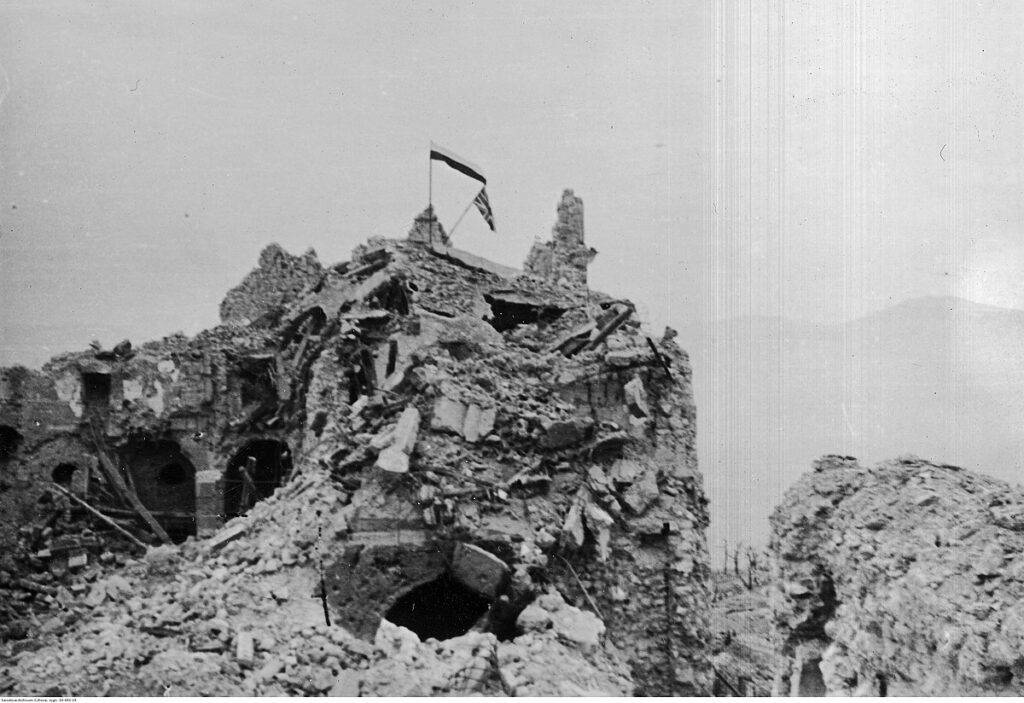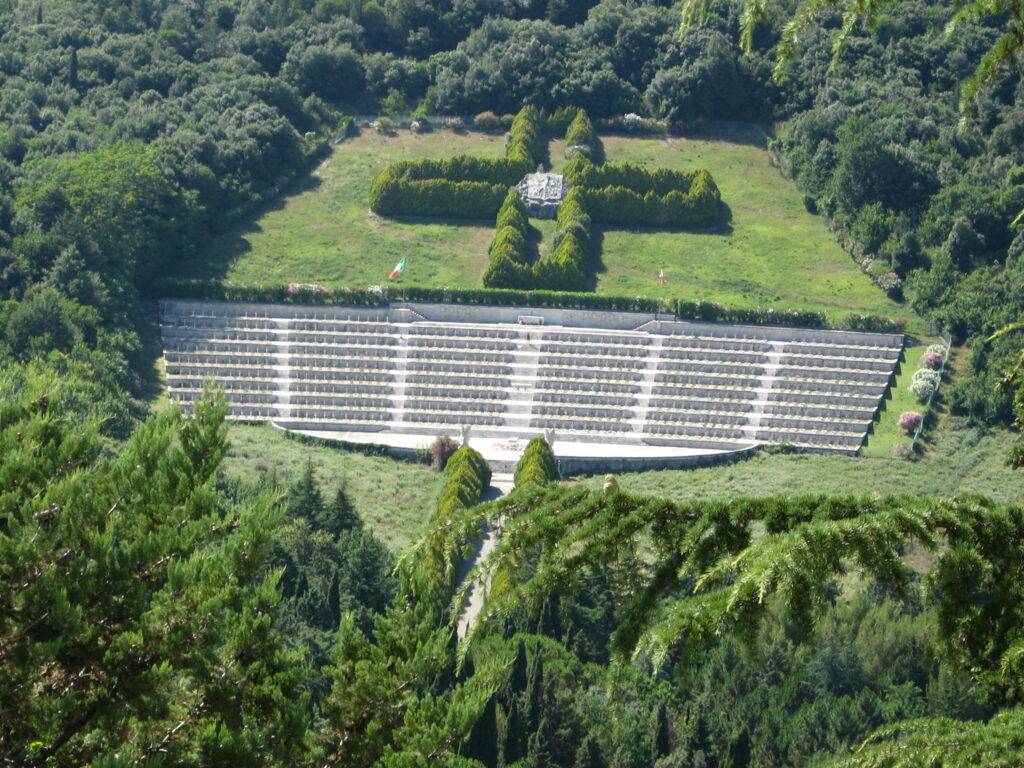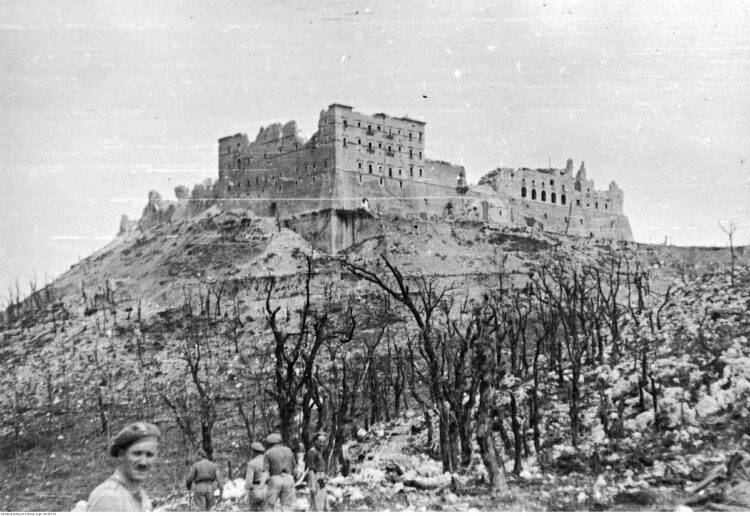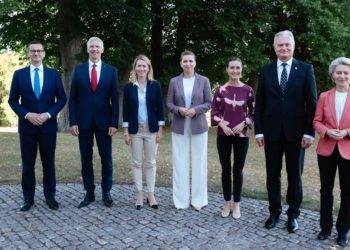As Poland marks the 80th anniversary of the Battle of Monte Cassino, the nation reflects on the pivotal World War II campaign that involved intense combat and significant sacrifices. This commemoration serves not only as a remembrance of the Polish soldiers’ bravery and determination but also highlights the broader strategic implications of their victory.
The Battle of Monte Cassino, a series of four harsh battles fought by the Allies against the Axis powers, was crucial in breaking through the Winter Line in Italy, a significant phase of the Italian Campaign. Polish forces played a decisive role in capturing the heavily fortified monastery at Monte Cassino, which eventually facilitated the Allied advance toward Rome.
This year’s anniversary was marked by various commemorative events including ceremonies at war memorials, educational programs, and public exhibitions aimed at educating younger generations about the historical significance of the battle. Veterans and officials laid wreaths and held moments of silence in honor of the fallen soldiers, whose efforts are credited with altering the course of the campaign in Italy.
The Role of Polish Forces
The Battle of Monte Cassino, a critical engagement during World War II, saw a significant Polish contribution under General Władysław Anders. Polish troops, integral to the Allied forces, were tasked with one of the most challenging operations of the Italian Campaign—capturing the fortified monastery at Monte Cassino. This position was pivotal for breaking the Winter Line and advancing towards Rome.

The Polish II Corps, consisting of soldiers who had endured significant hardships including being prisoners and laborers in the Soviet Union before joining the Allied forces in the Middle East, showed remarkable resilience and determination. Their involvement culminated in a fierce assault on the monastery, which had been a formidable barrier to the Allied advance for months. Despite heavy casualties, their perseverance and strategic prowess eventually led to the capture of this key position.
The success at Monte Cassino is not just a tale of military triumph but also a poignant part of Polish national identity, symbolizing the courage and sacrifice of the Polish people during the war. This victory helped pave the way for the Allied advance into Rome and is remembered as a testament to the bravery and skill of the Polish forces who fought with the hope of securing freedom for their homeland.
Legacy and Reflection
In Poland, the battle is taught as a significant chapter in World War II history, emphasizing the heroism and the tactical skill of the Polish II Corps. Schools and cultural institutions often host talks and exhibitions around the anniversary to promote awareness and remembrance.

As veterans age and the direct memories of the war recede, these commemorations play a crucial role in keeping the history alive for future generations. They remind us of the harsh realities of war and the price of peace, reinforcing the value of remembrance and the importance of historical consciousness in shaping future policies and perspectives.
The anniversary of the Battle of Monte Cassino serves as a poignant reminder of the sacrifices made by the Polish soldiers and their contribution to the Allied victory in Italy. It stands as a testament to the courage, strategic thinking, and perseverance of those who fought, and it continues to inspire both reflection and education on one of the most challenging and decisive confrontations of World War II.


















